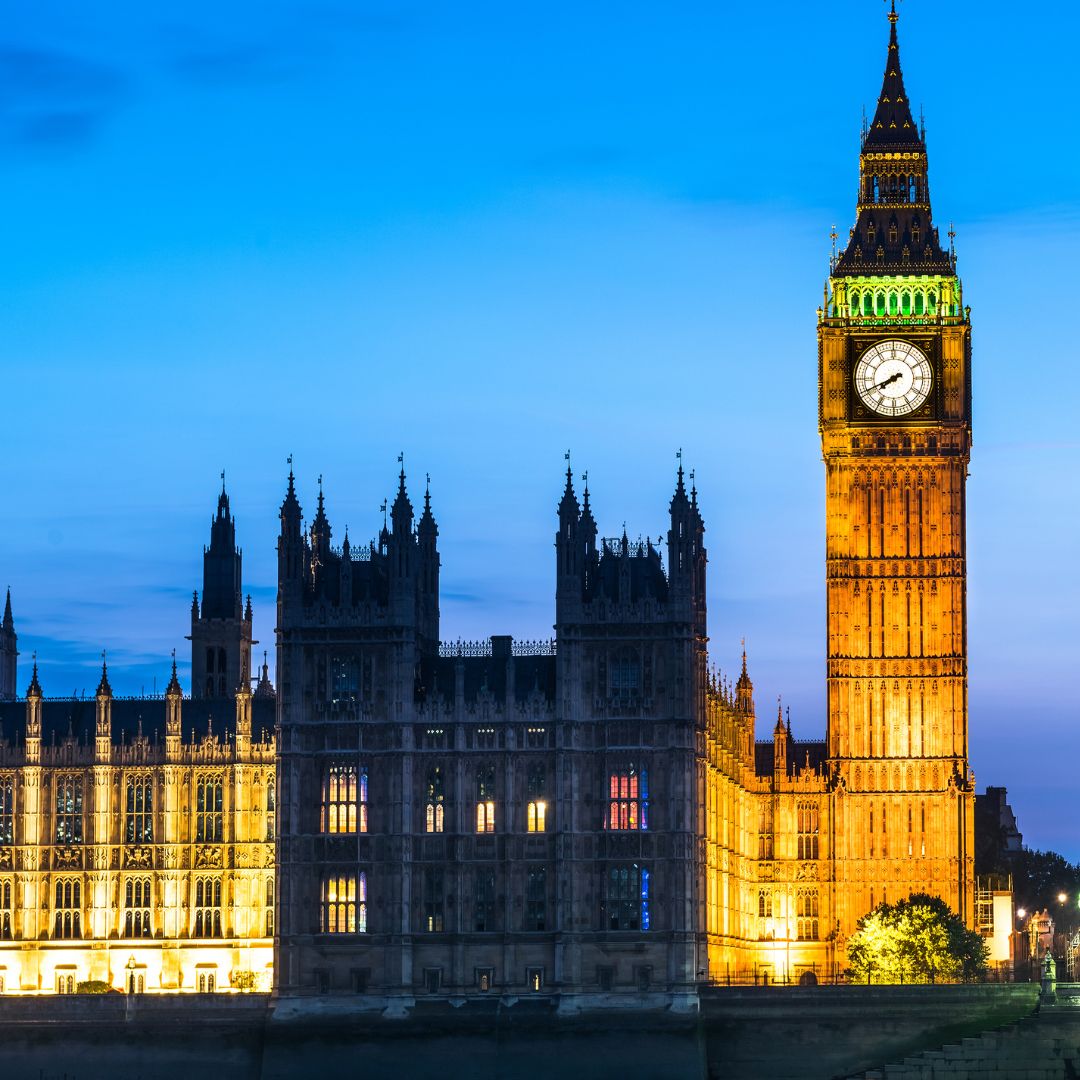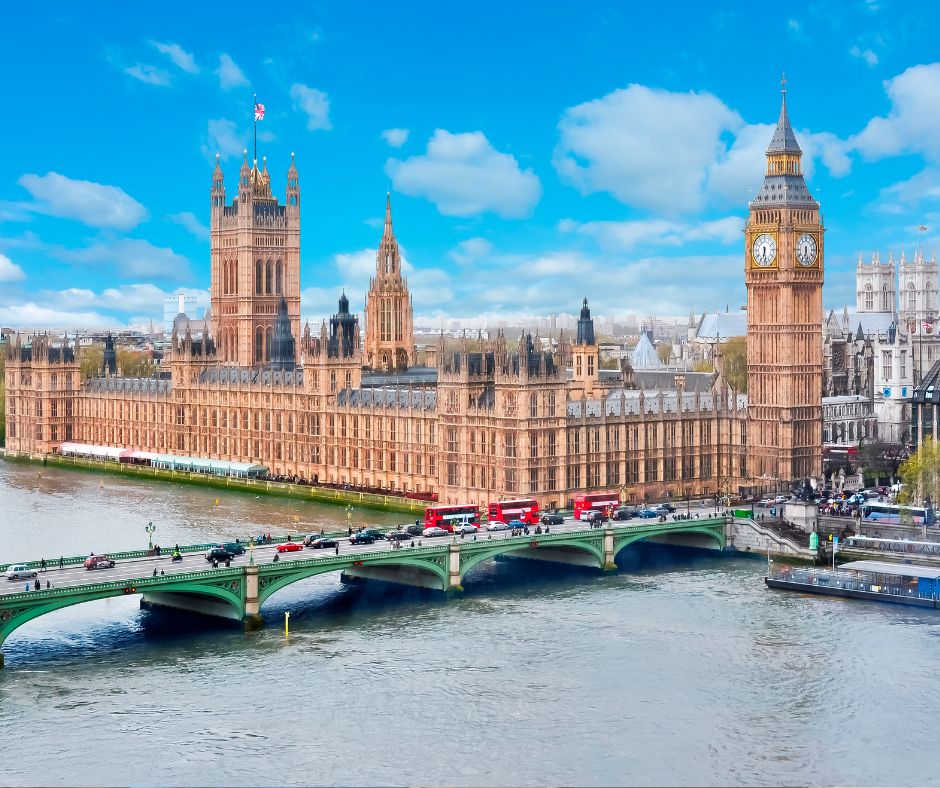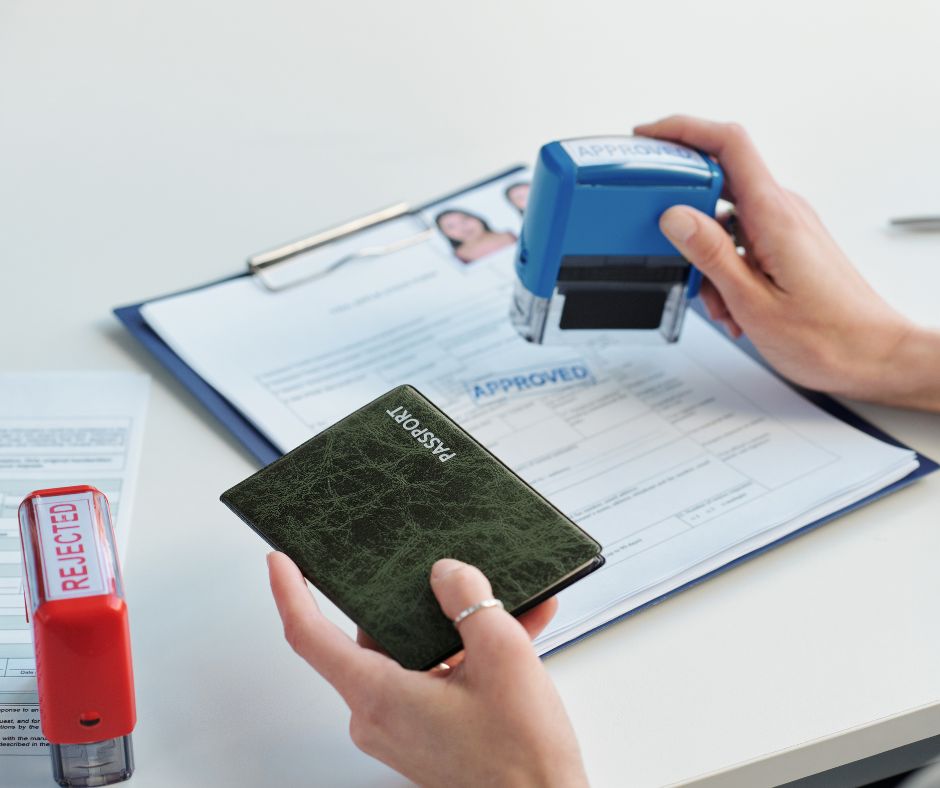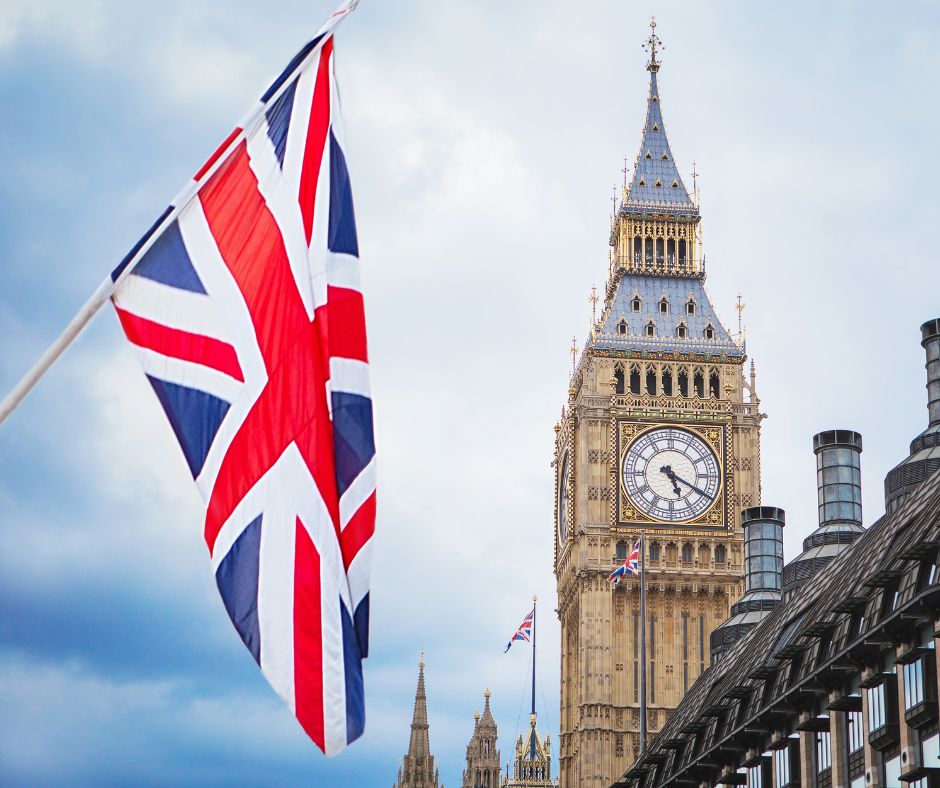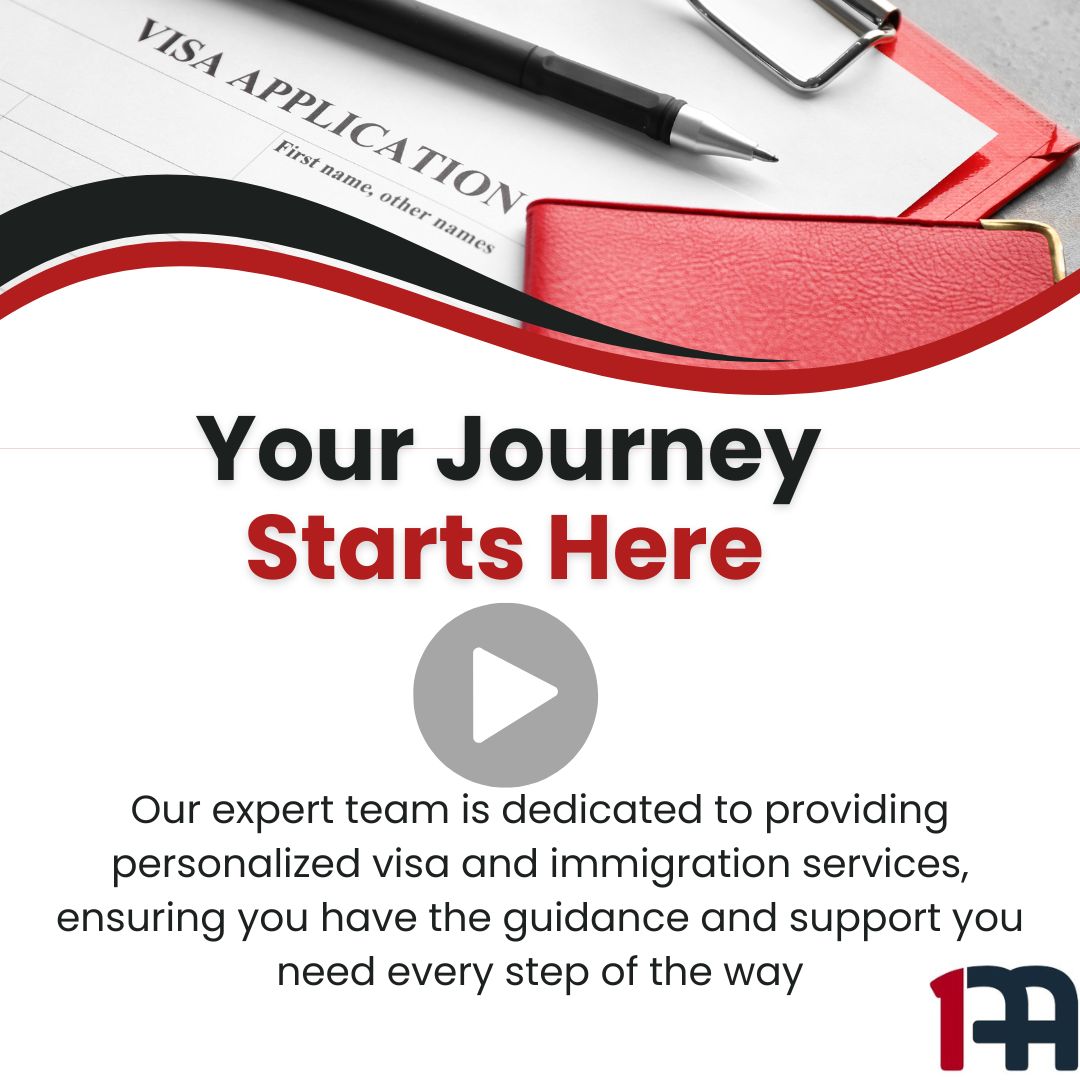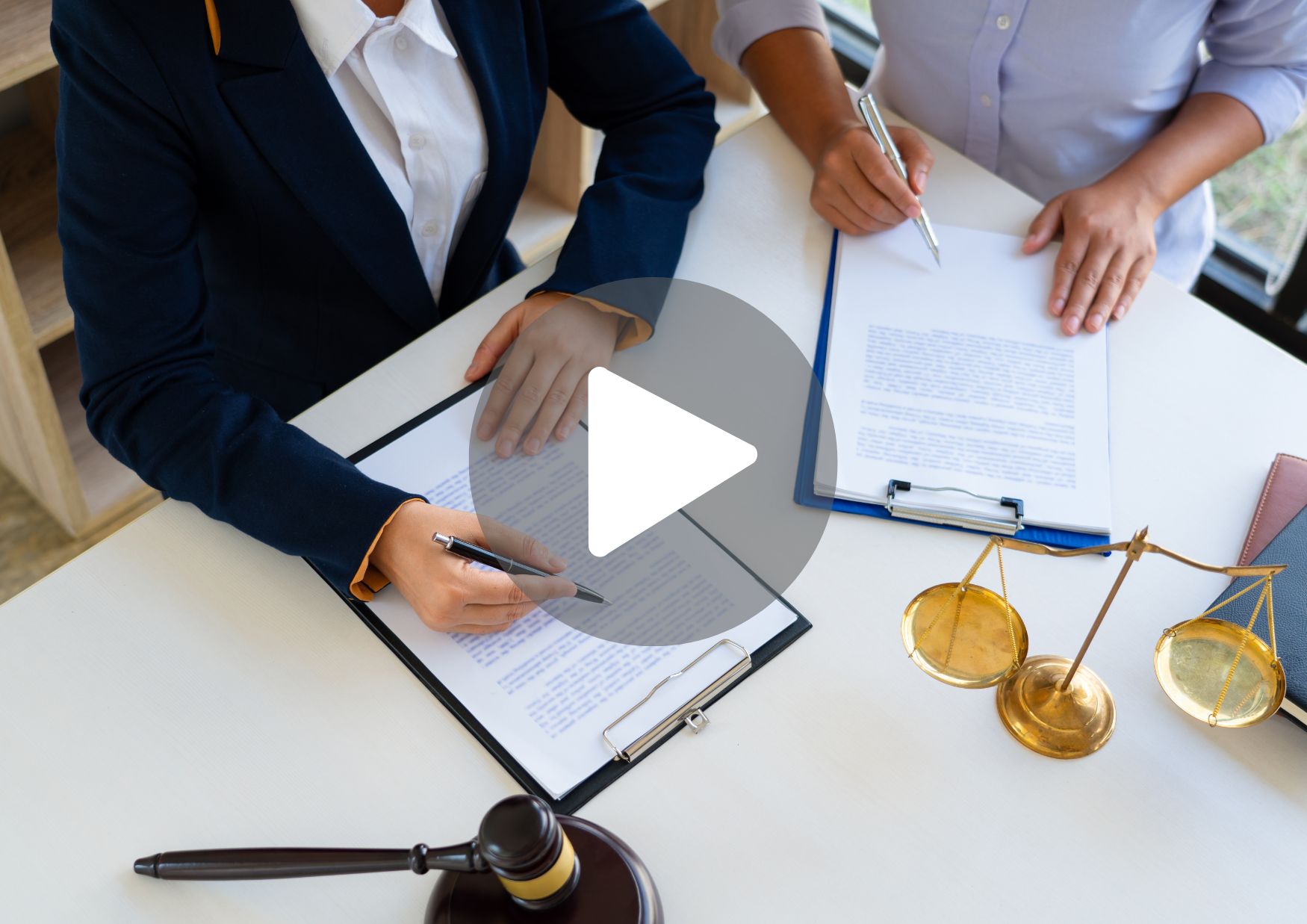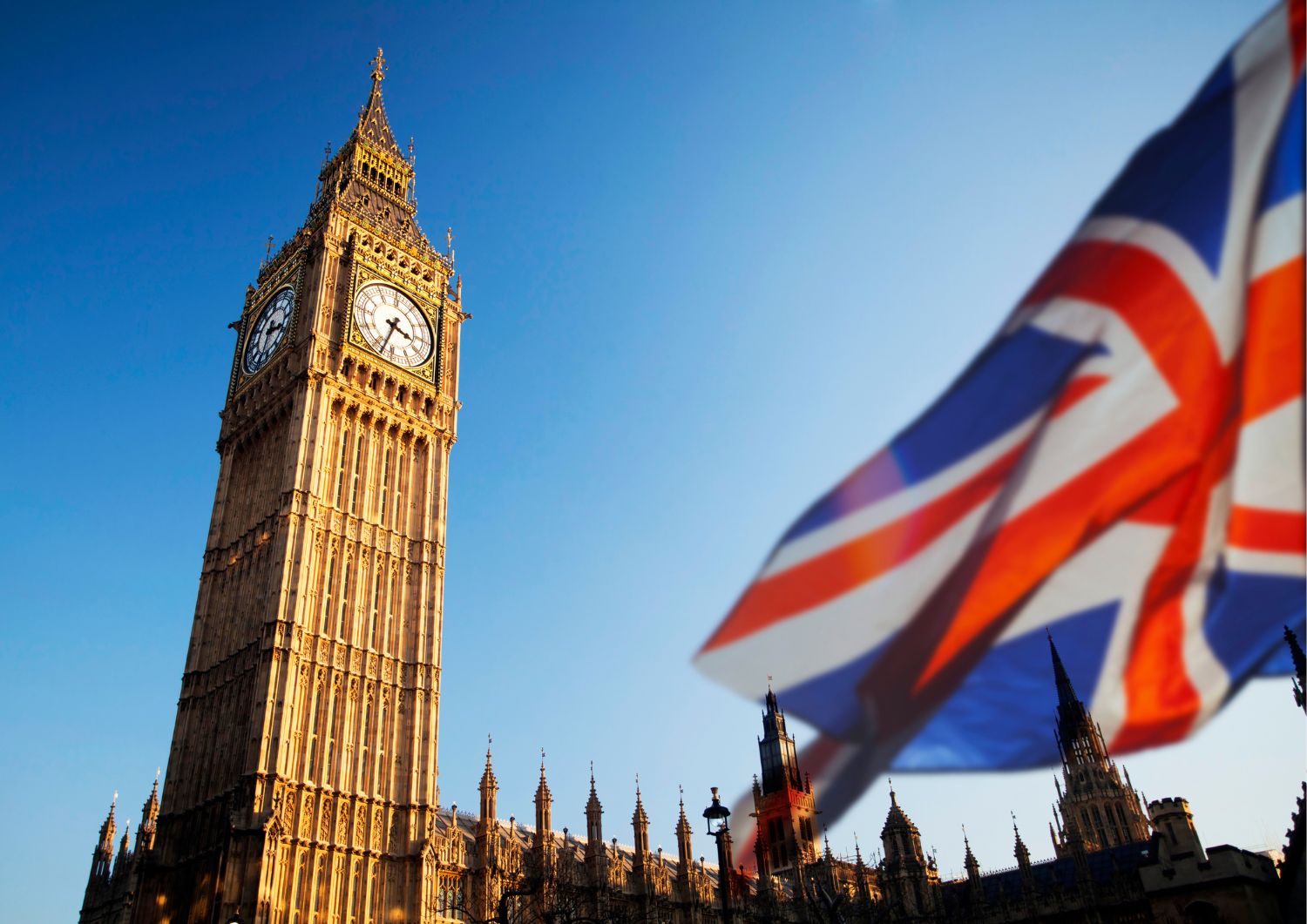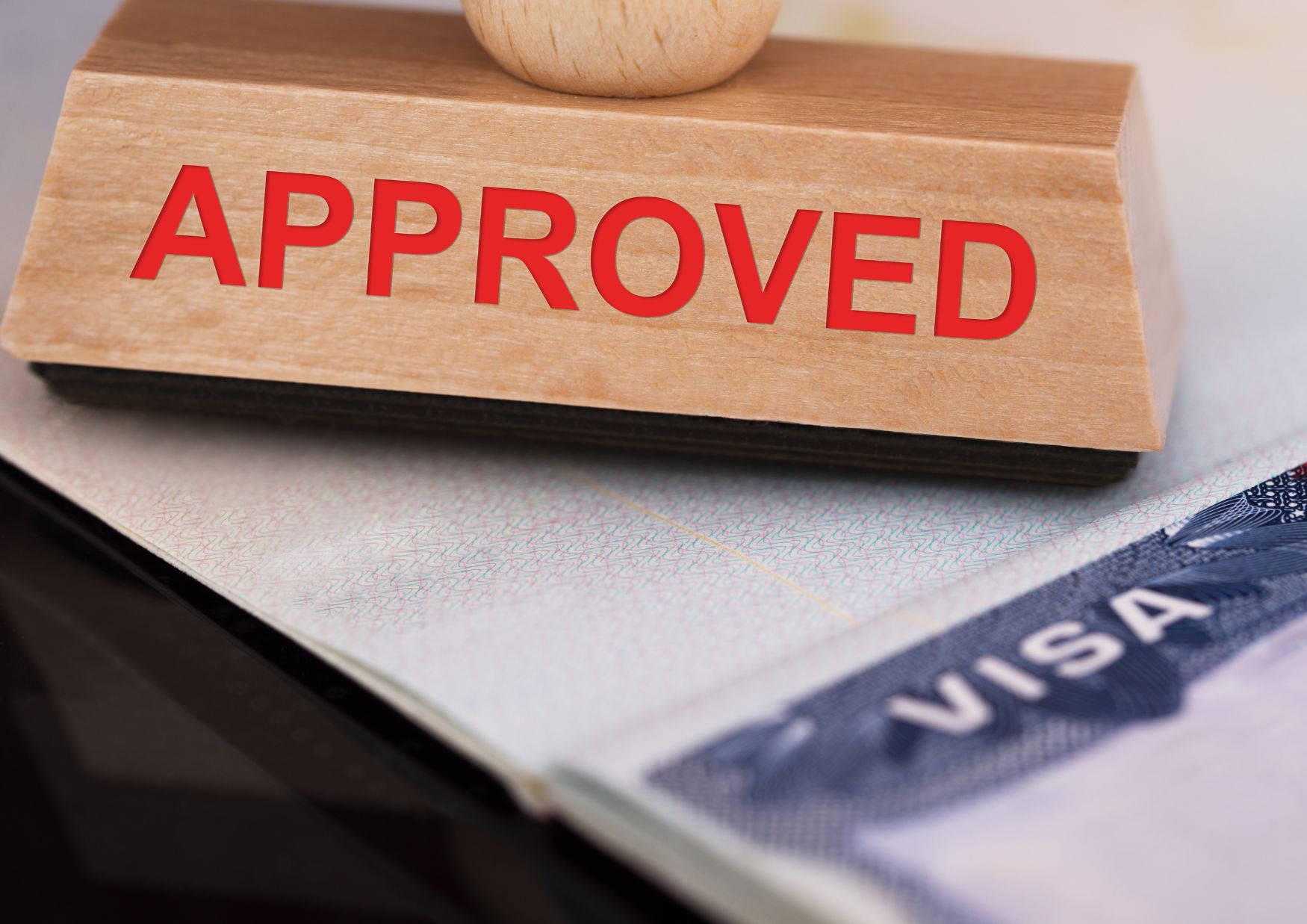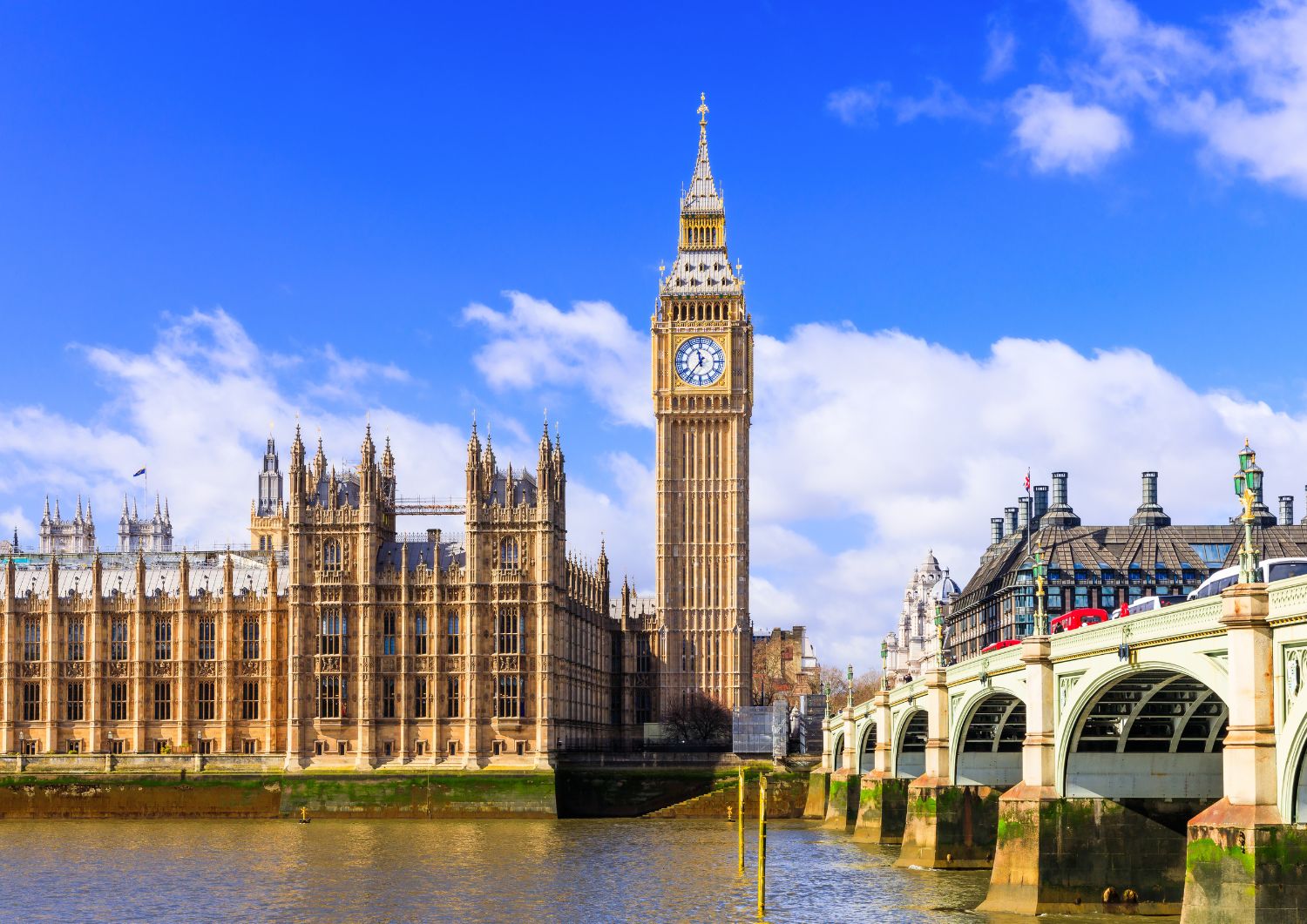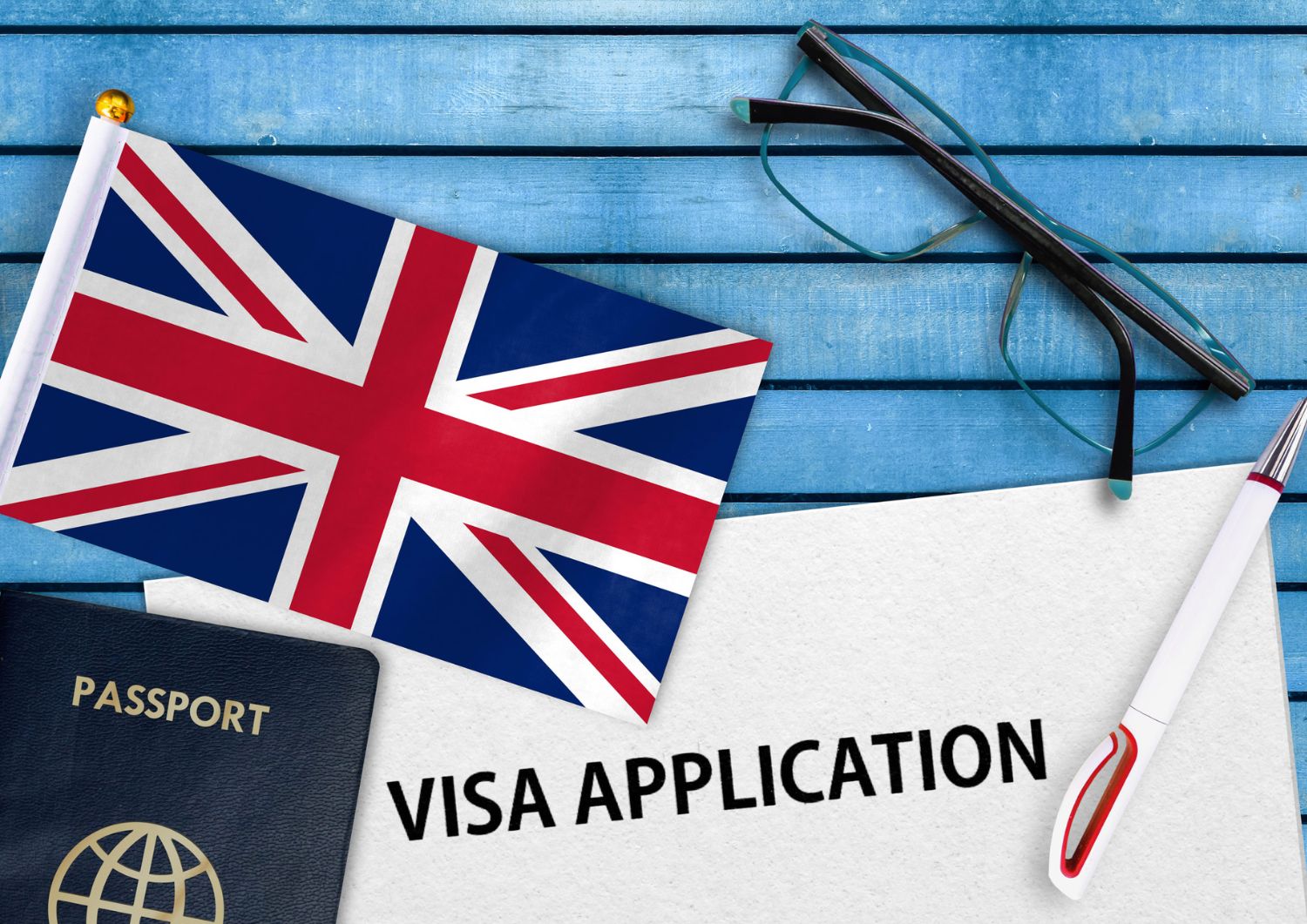
Spouse Visa Extension After 2.5 years fees. When you came to the UK on a partner or spouse visa for the initial period (commonly 2 years 9 months) under the family visa route, you’ll eventually need to extend your stay—often after about 2 years 6 months (2.5 years). This post walks you through the key fees you must pay, what they cover, and some practical tips, with ✅ all figures taken from official GOV.UK sources.
📌 What is the extension period?
- Under the category “Apply as a partner or spouse” on the GOV.UK site: after your initial stay (2 yrs 9 mths) you will need to extend or switch. GOV.UK
- When you extend your family visa (partner/spouse) route, you generally extend for 2 years 6 months (i.e., 2.5 years). GOV.UK+1
Therefore, the period “after 2.5 years” makes sense — it’s when you apply for your extension to continue your stay under that partner category.
💷 Key fee components for extension
1. Application (Home Office) fee
According to the “Family visas: apply, extend or switch” page on GOV.UK:
- If you apply inside the UK, the fee is £1,321. GOV.UK+1
- If you apply outside the UK, the fee for joining a partner is £1,938. GOV.UK+1
For the typical extension (you are inside the UK) you should expect the £1,321 figure to apply.
2. Immigration Health Surcharge (IHS)
On the same GOV.UK page, it shows for each adult (18 or older) under a stay of 2 years 6 months the healthcare surcharge is £2,587.50. GOV.UK
For a child (under 18) staying 2 y 6 m the IHS is £1,940. GOV.UK
So you must budget that on top of the application fee.
3. Optional or additional costs
The GOV.UK page also mentions you may pay extra for “super priority service” (to get a faster decision) if applying inside the UK. GOV.UK
Thus, while not mandatory, you might choose to pay more for speed or premium service.
📊 Example total cost (typical scenario)
Putting it together (main applicant, inside UK, adult):
- Application fee: £1,321
- IHS: £2,587.50
Total (approx): £3,908.50
If you have dependants (children) add the child IHS (£1,940) each plus their application fees (also £1,321 if inside UK).
This aligns with a commonly cited range of “£3,000-£4,000+” for the extension of a family visa. Citizens Advice
(That Citizens Advice page is not a GOV.UK site, but it reflects the official cost break-down.)
🔍 Why these fees matter
- The application fee covers your formal request to stay under the partner/spouse category.
- The IHS is mandatory and ensures you have access to the NHS services while staying in the UK for your extended period.
- Failing to pay or under-estimating the cost can leave you underprepared, which might lead to delay, refusal, or other complications.
- These figures are subject to change — always check the latest GOV.UK pages before you apply.
🧾 Practical tips when preparing
- Budget ahead: Don’t assume only the application fee applies — factor in the IHS and possibly dependants.
- Apply on time: Make your application before your current visa expires. According to extension rules, you should ensure continuity.
- Check eligibility still holds: The rules for extending mirror the original requirements (financial threshold, relationship evidence, accommodation etc). The GOV.UK page for proof of income for partners states a minimum combined income threshold of £18,600 for you and your partner when extending. GOV.UK
- Consider speed-service extras only if needed: The super priority service is optional and costs more — only choose if your situation requires it for urgent decision.
- Keep documents up-to-date: Since you’re extending, your evidence (relationship, income, housing) should reflect your current situation, not just the one at your initial application.
✅ Summary
If you are applying to extend your partner/spouse visa after about 2.5 years in the UK:
- Expect to pay £1,321 for your in-UK application (application fee).
- Expect to pay £2,587.50 IHS for 2 yrs 6 m stay (adult).
- If you have children, add their IHS (£1,940 for 2 yrs 6 m each) and their application fees.
- So total cost likely around £3.9k+ for the main applicant.
- These figures are based on GOV.UK official guidance.
What has changed?
- The “Visa regulations: revised table” from 9 April 2025 shows a number of visa categories with updated fees from 9 April 2025. GOV.UK+1
- The update table from 1 July 2025 confirms that for many categories no further increase took place (fees remained unchanged from 9 April 2025 for those categories). GOV.UK
- The “Family visas: apply, extend or switch” page gives the current cost for applying in the UK as a partner/spouse and the corresponding Immigration Health Surcharge (IHS) amounts for stay lengths. GOV.UK+1
📋 Key figures for partner/spouse visa extension Visa Extension After 2.5 years fees,
From the partner/spouse family visa pages:
- Application fee for applying inside the UK: £1,321. GOV.UK+1
- Healthcare surcharge (IHS) if staying for 2 years 6 months (2 yrs-6 m):
- The “How long you can stay” page indicates that after an initial grant of 2 years 9 months you apply to extend for 2 years 6 months. GOV.UK
🔍 Notes & things to watch
- While the application fee (inside UK) remains at £1,321, you should always check the date of the document and ensure there hasn’t been a later increase.
- The IHS is clearly defined for 2 years 6 months and for 2 years 9 months etc; your specific length matters.
- The revisions table doesn’t list the partner/spouse application fee by category in full detail in that document, so while we rely on the “Family visas” guidance page for that £1,321 figure, always cross-check at application time.
- Fee waiver options exist if you cannot pay. GOV.UK
If you have specific questions regarding Spouse Visa Extension After 2.5 years fees, please feel free to comment in the section or get in touch with us


